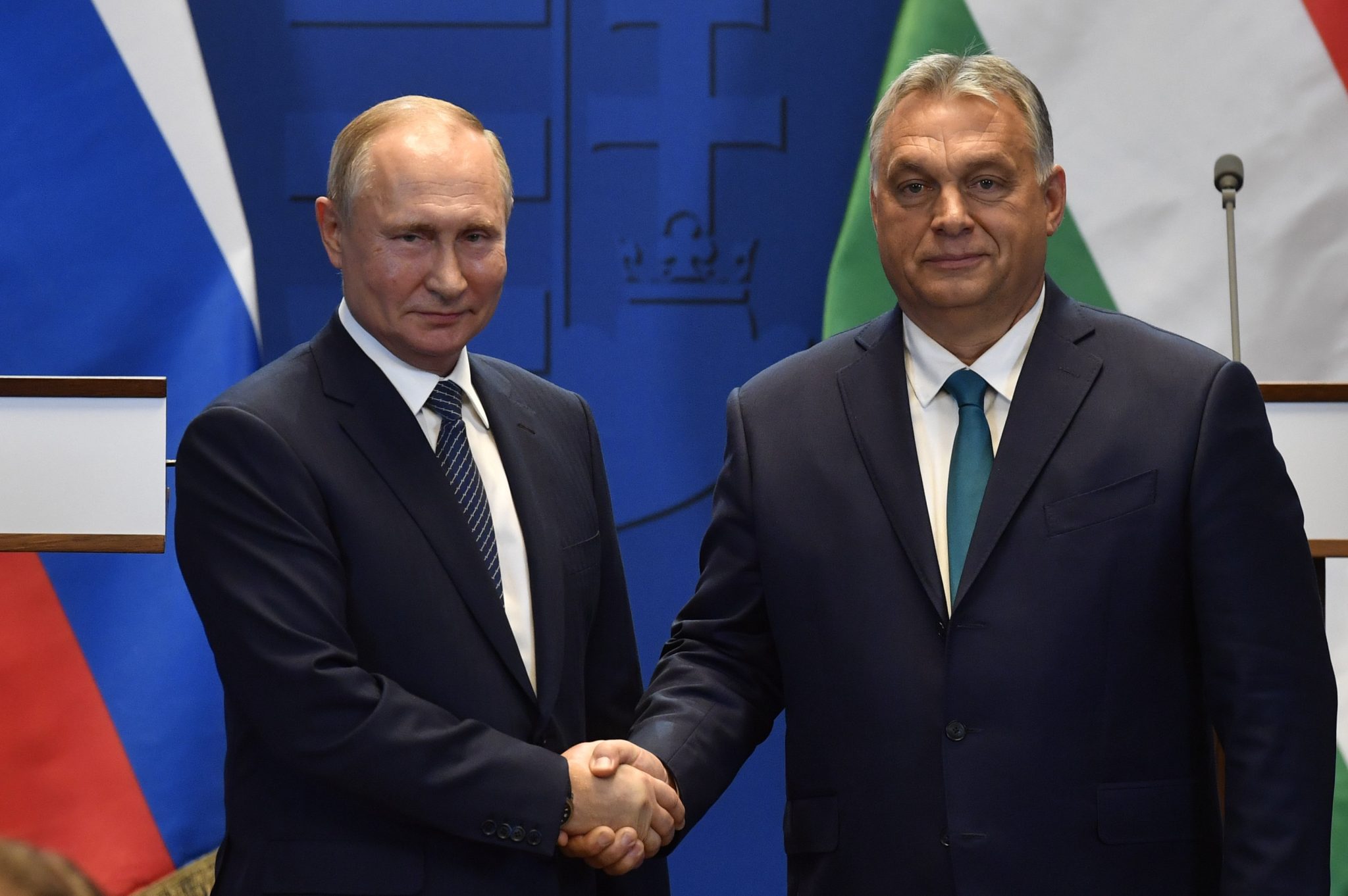
The European Union has found a pragmatic compromise whereby importers of Russian gas will, in future, pay their invoices indirectly in rubles.Continue reading

Hungary paid the most for Russian gas within the surrounding region in February this year. The price for our country was almost three times higher than in Romania and the Czech Republic, and a quarter higher than the EU average, according to an article by economic news site G7.
This article was originally published on our sister-site, Ungarn Heute.
The Eurostat database calculates the average purchase price of Russian gas imports from 11 countries and shows that only Lithuania, with an average price of €1.42 per cubic meter (HUF 394), paid more than Hungary (€1.42) in February, while Slovakians bought gas for €1, Bulgarians for €0.64, and Czechs and Romanians for only €0.35.
According to the paper, there are two main explanations for this situation:
The average price of imported gas can be calculated from foreign trade data by dividing the value of the imported gas in euros by the imported quantity. These figures are published monthly by Eurostat.
However, the website has pointed out that this method also has its limitations. On the one hand, some countries – such as Germany, the largest gas consumer in the EU – do not publish these figures at all (at least not with Eurostat). On the other hand, not all member states indicate which partner country they get their gas from, and those that do may not use exactly the same methodology. However, for eleven EU member states, it is still possible to determine the average price of Russian gas imports in a given month. Among these countries, only in Lithuania was gas more expensive than in Hungary in February.
The business page asked several experts what could be behind the price differences. The main reason they said, is that Gazprom uses different pricing formulas for each country, so the current price is determined differently for each country. Péter Kotek, a senior researcher at the Regional Energy Research Center (REKK), told G7 that the most important factor is the time lag between the price calculated by Gazprom and market quotations.
However, according to G7, the situation may change over time, and in a few months, we may get cheaper gas than, for example, the Romanians or the Czechs. For example, if there is a correction and the quotations start to fall, then we will see it in the price of these countries.
“But even then, the likelihood is that Russian gas will not be particularly favorable for Hungary in international comparison. In the past, domestic prices, even over a longer period of time, were rather in the midfield and consistently exceeded the EU average,” the article concluded.
Source: G7
Featured image via Zoltán Máthé/MTI